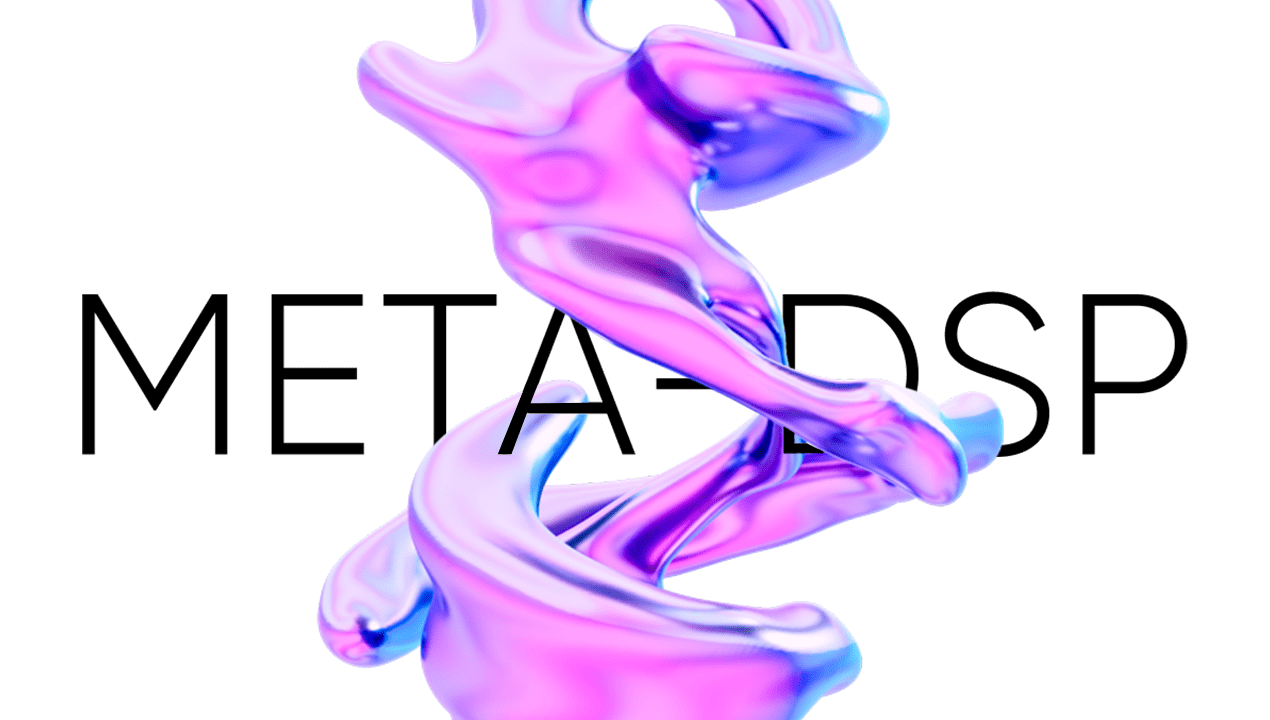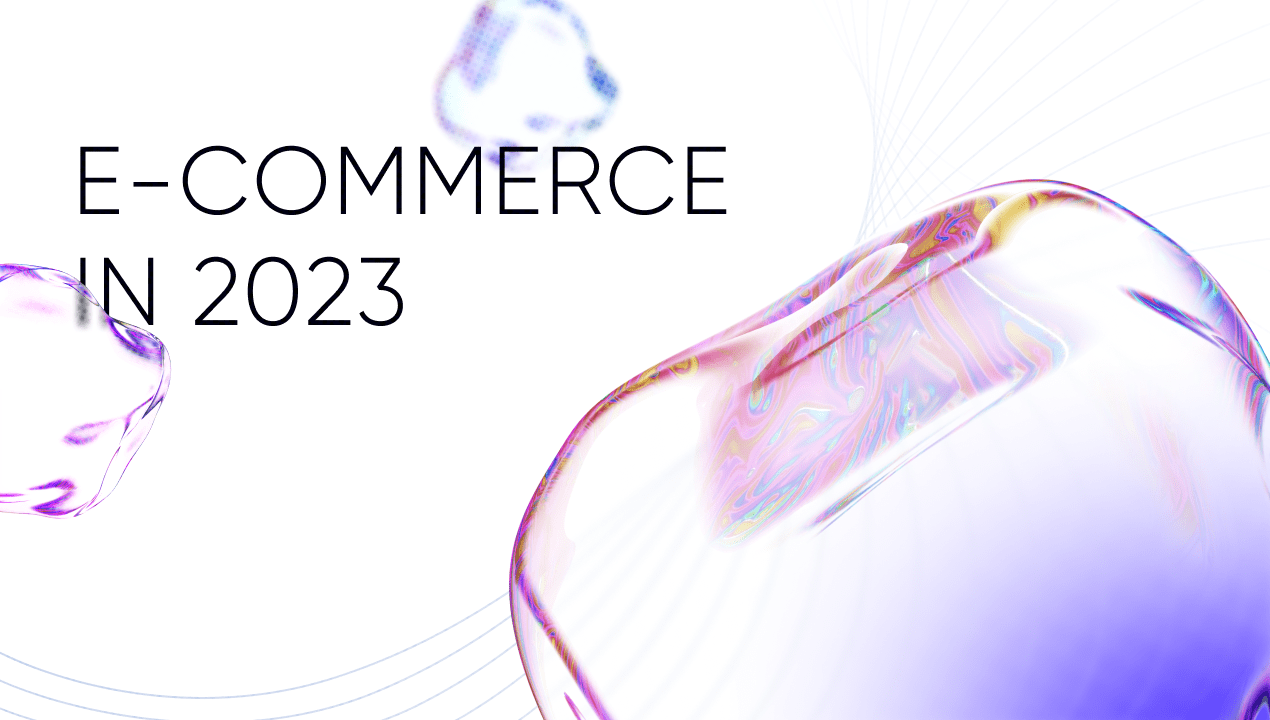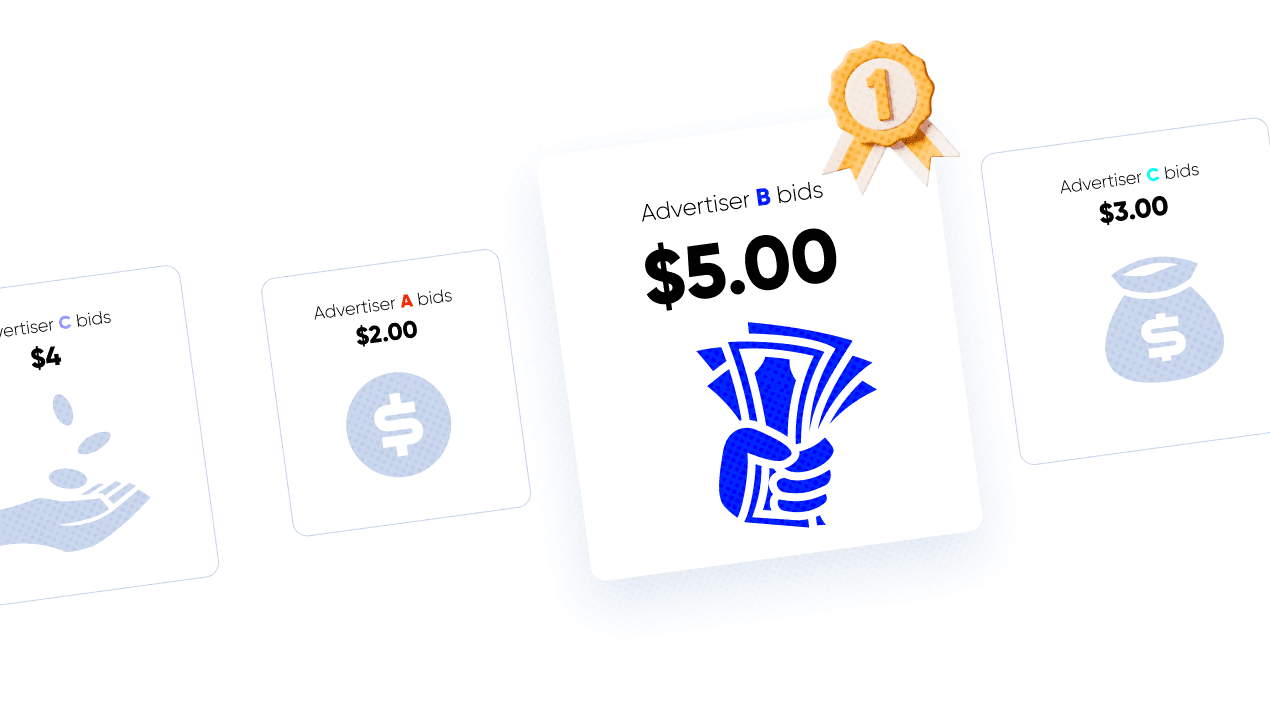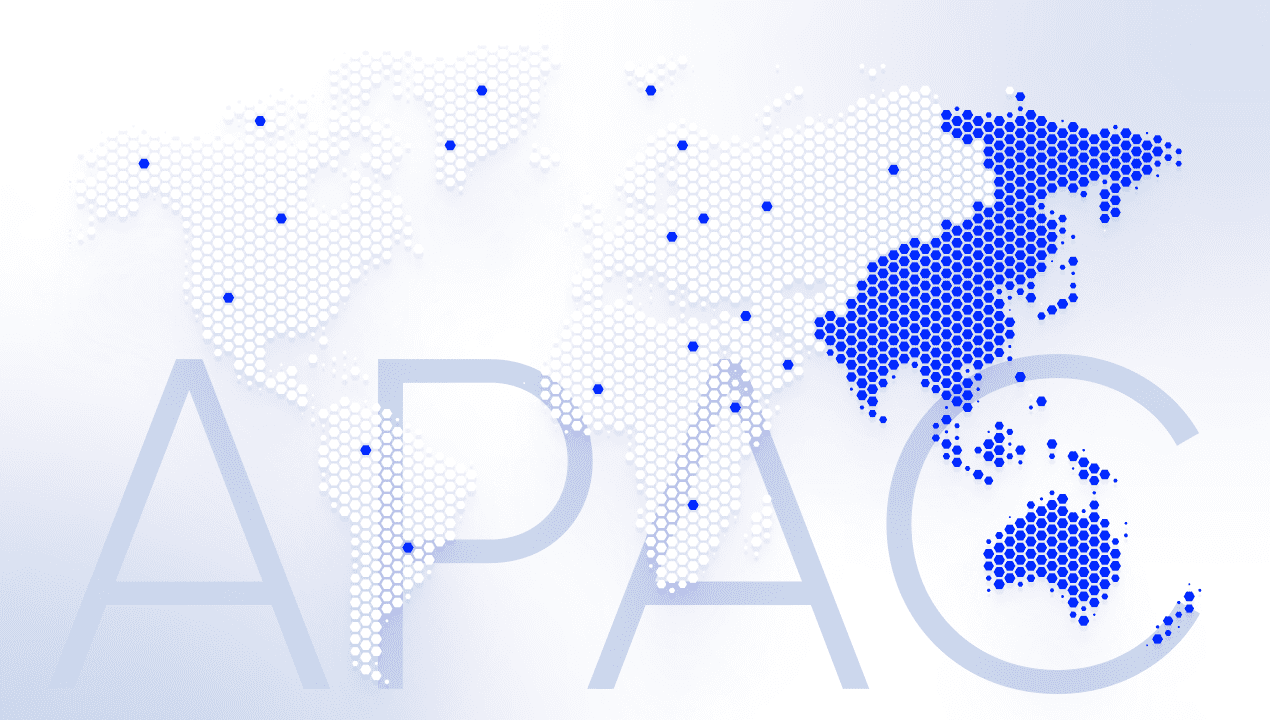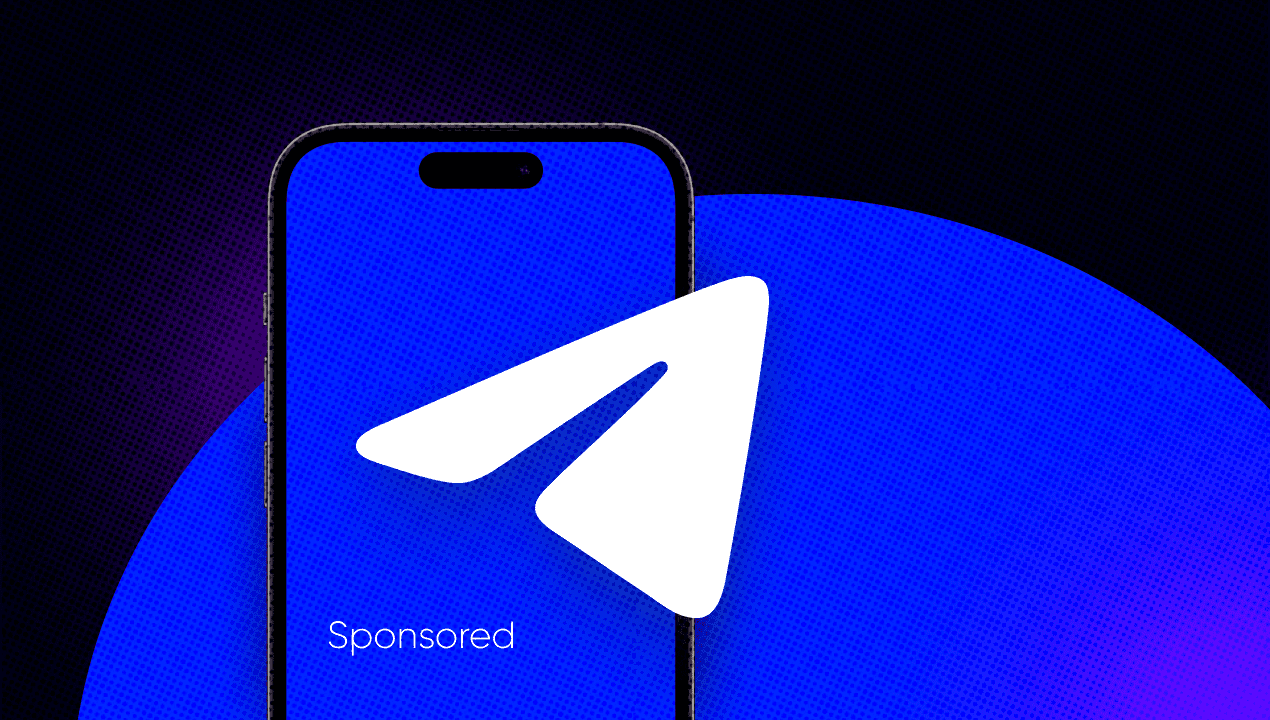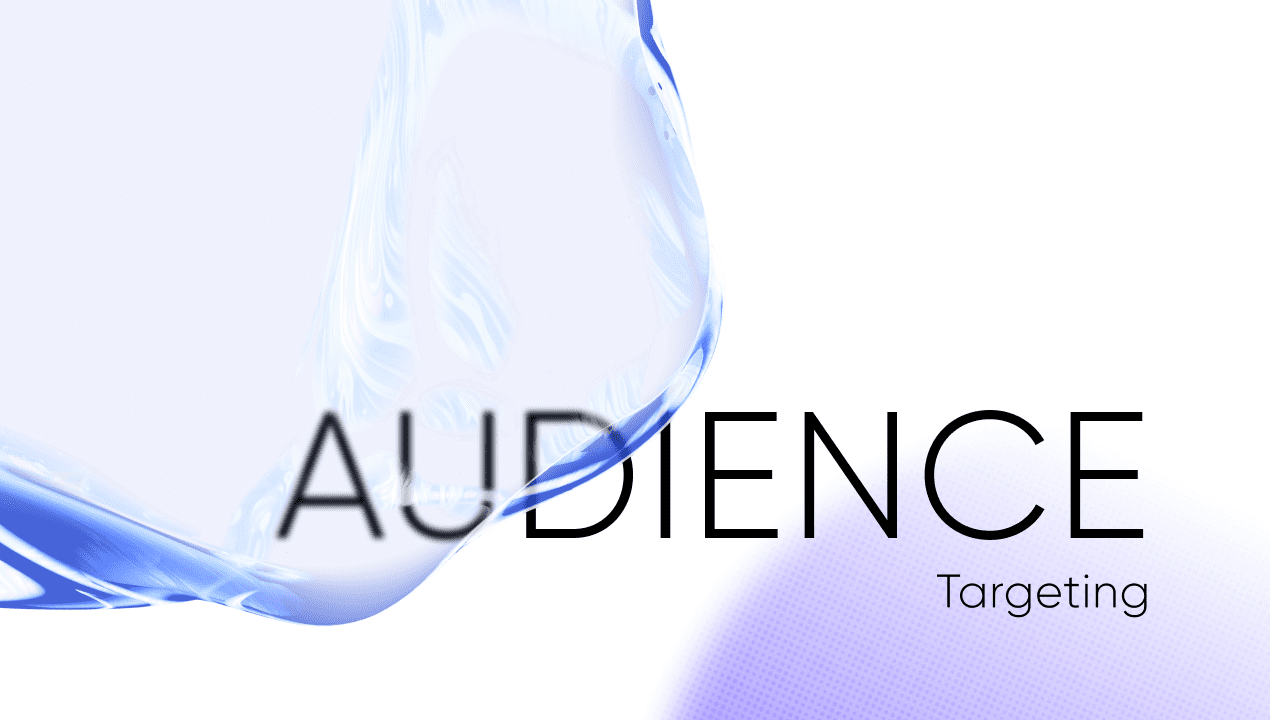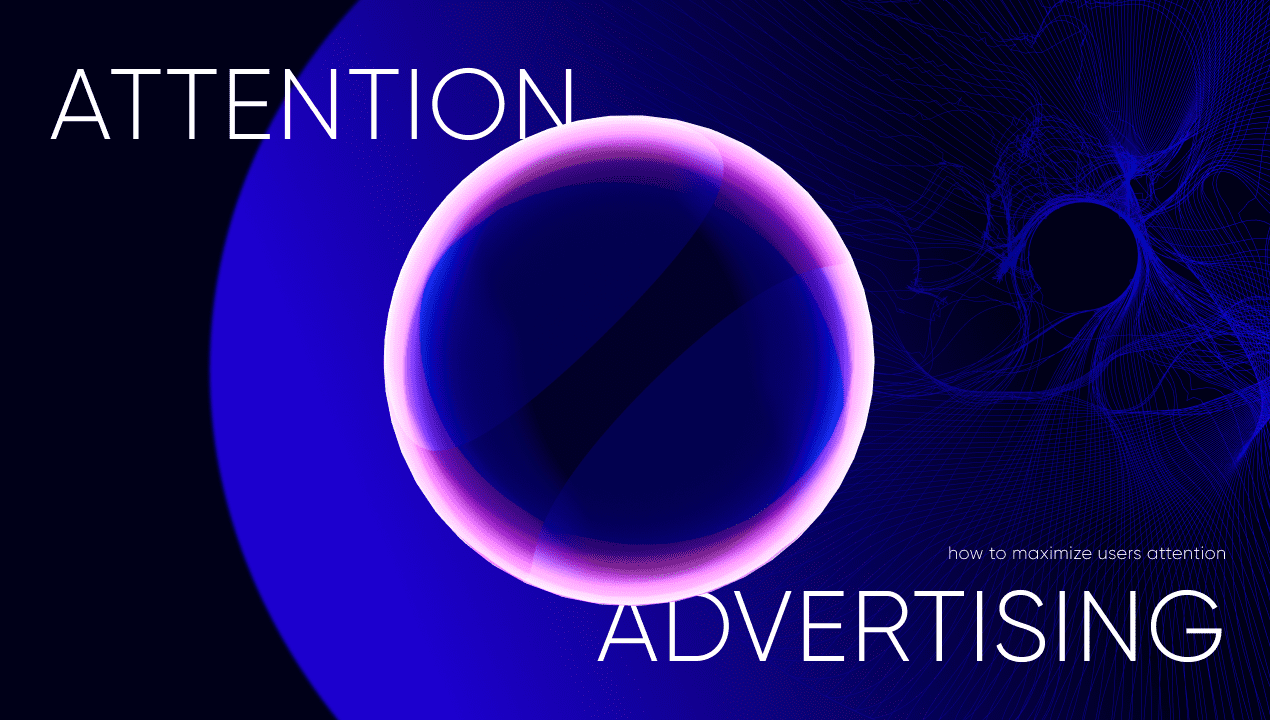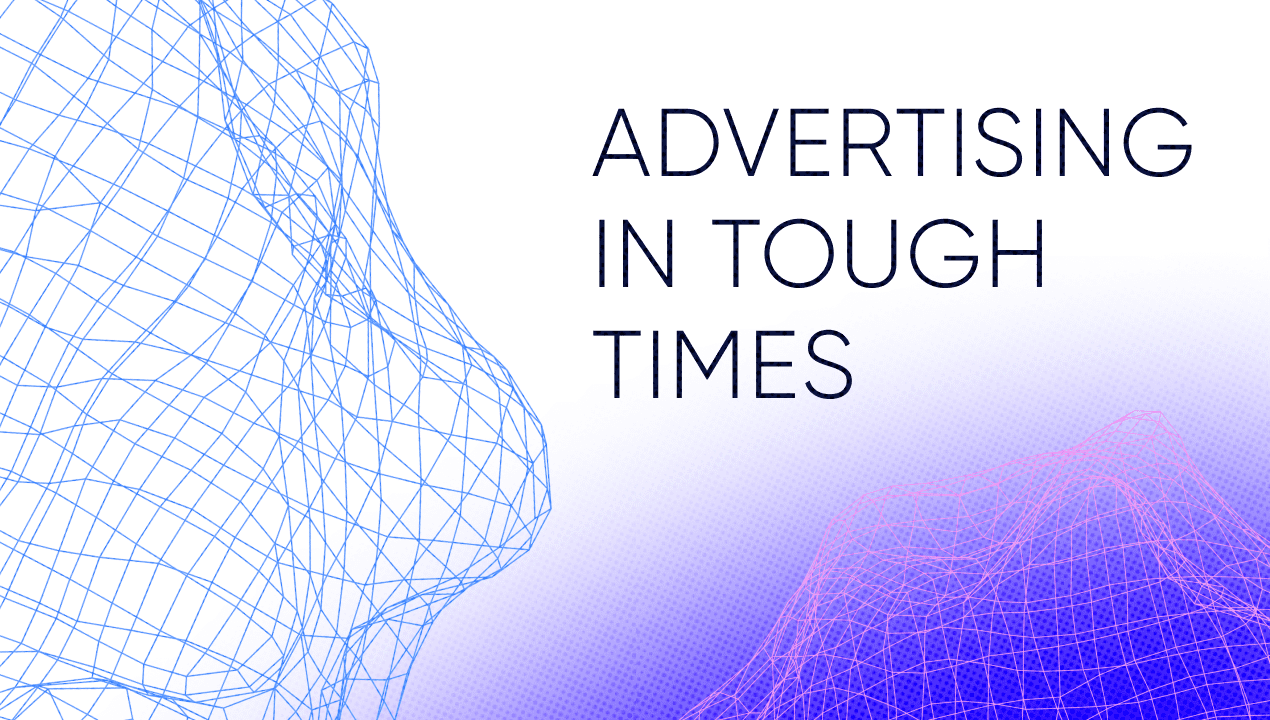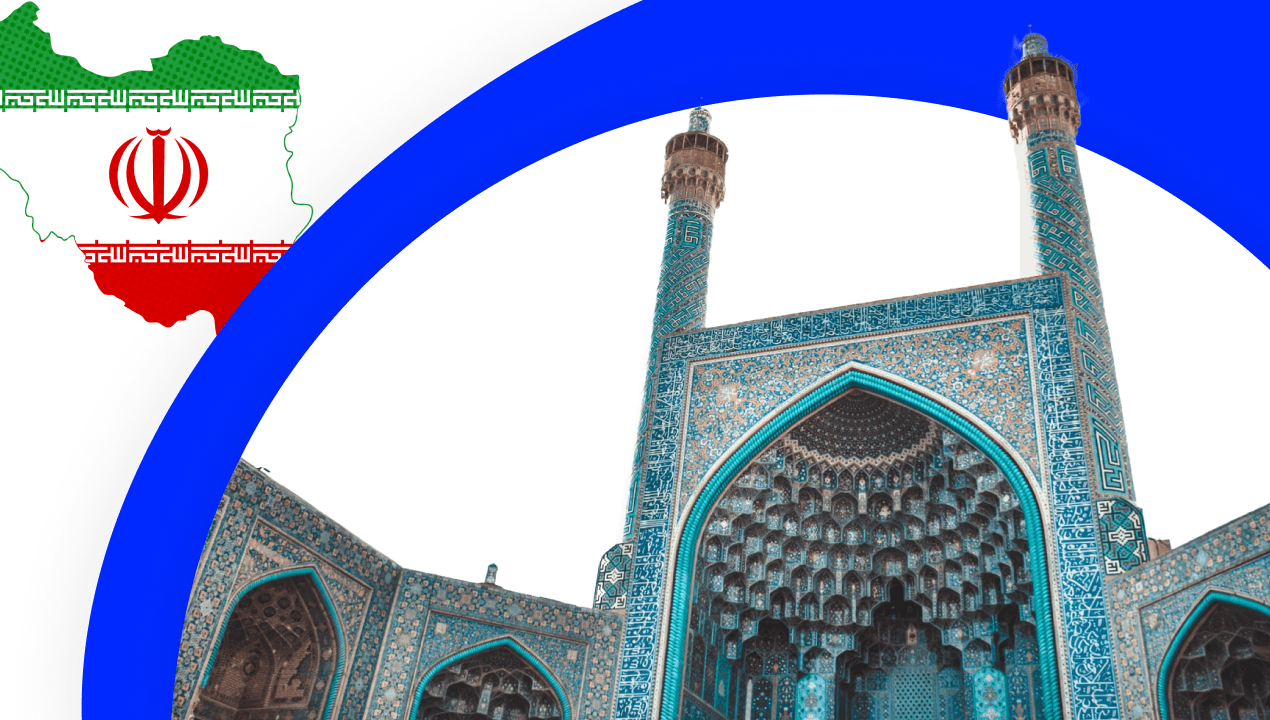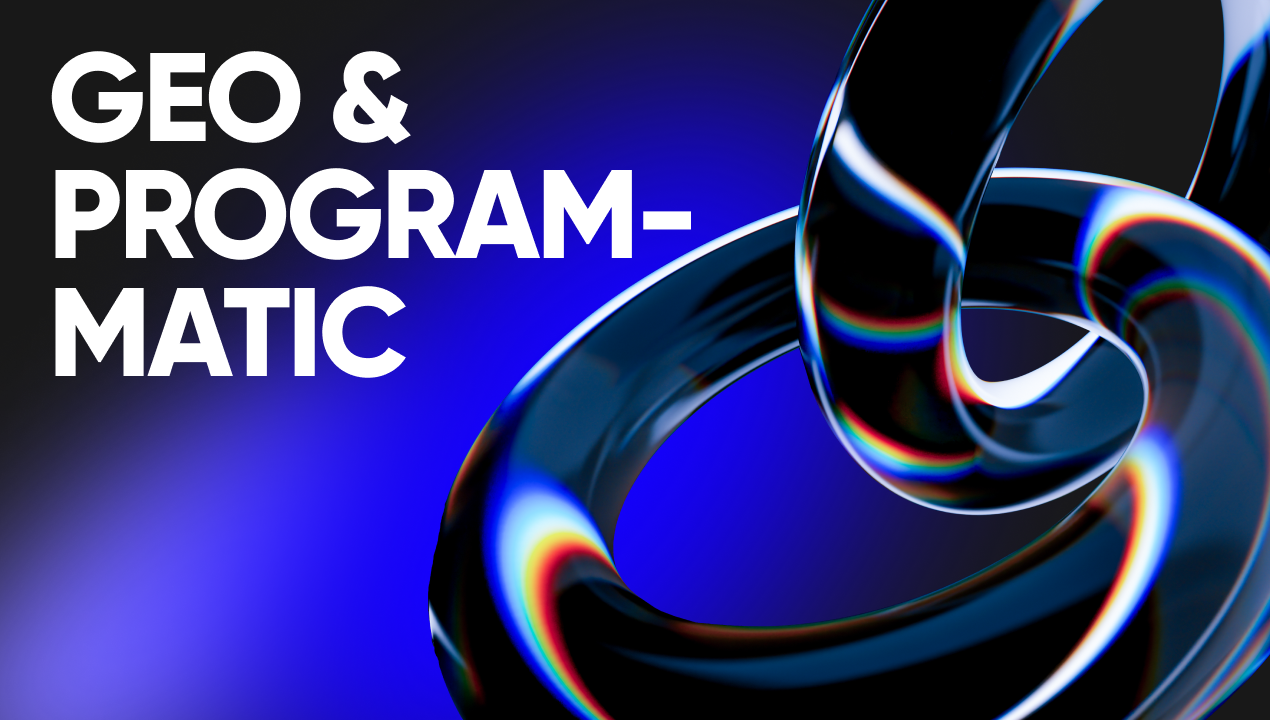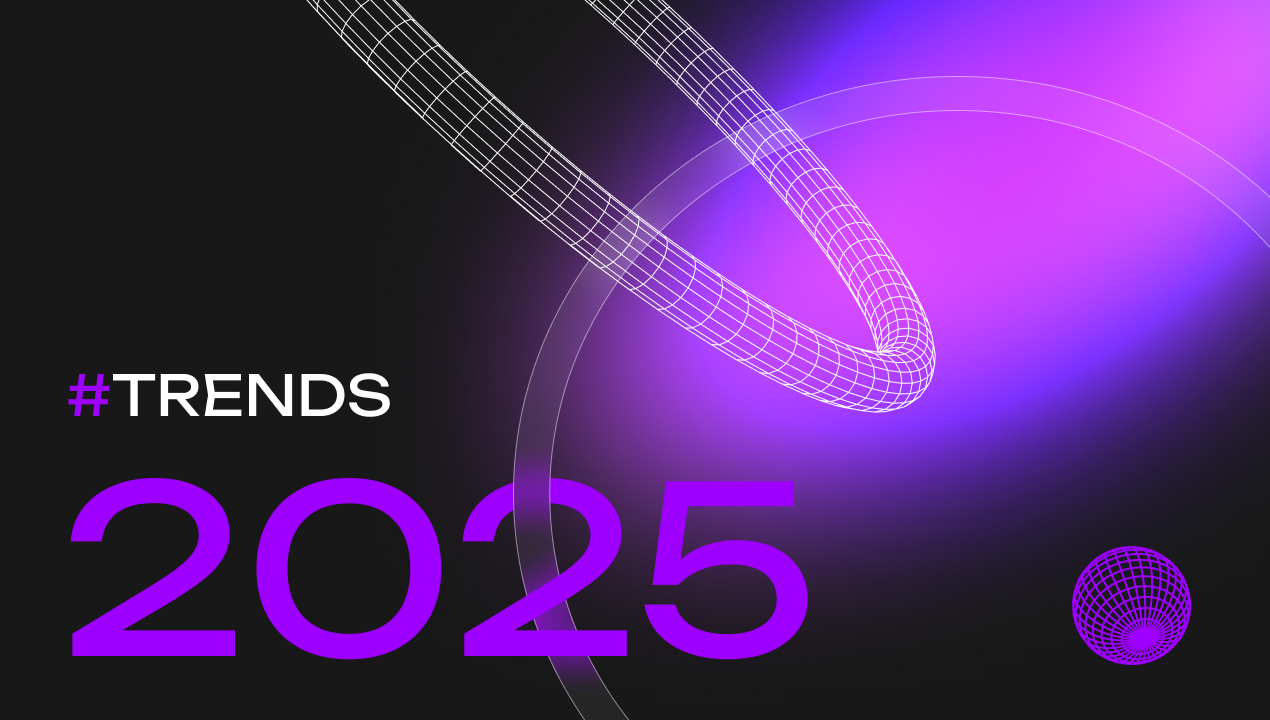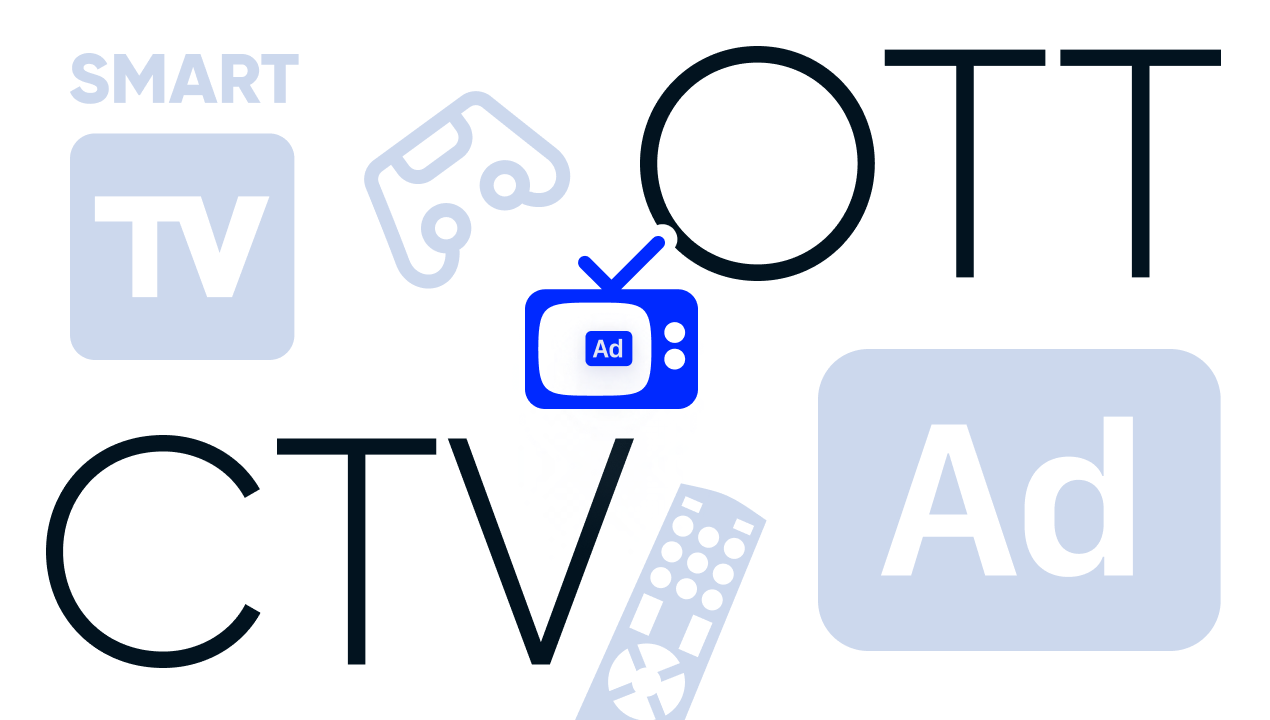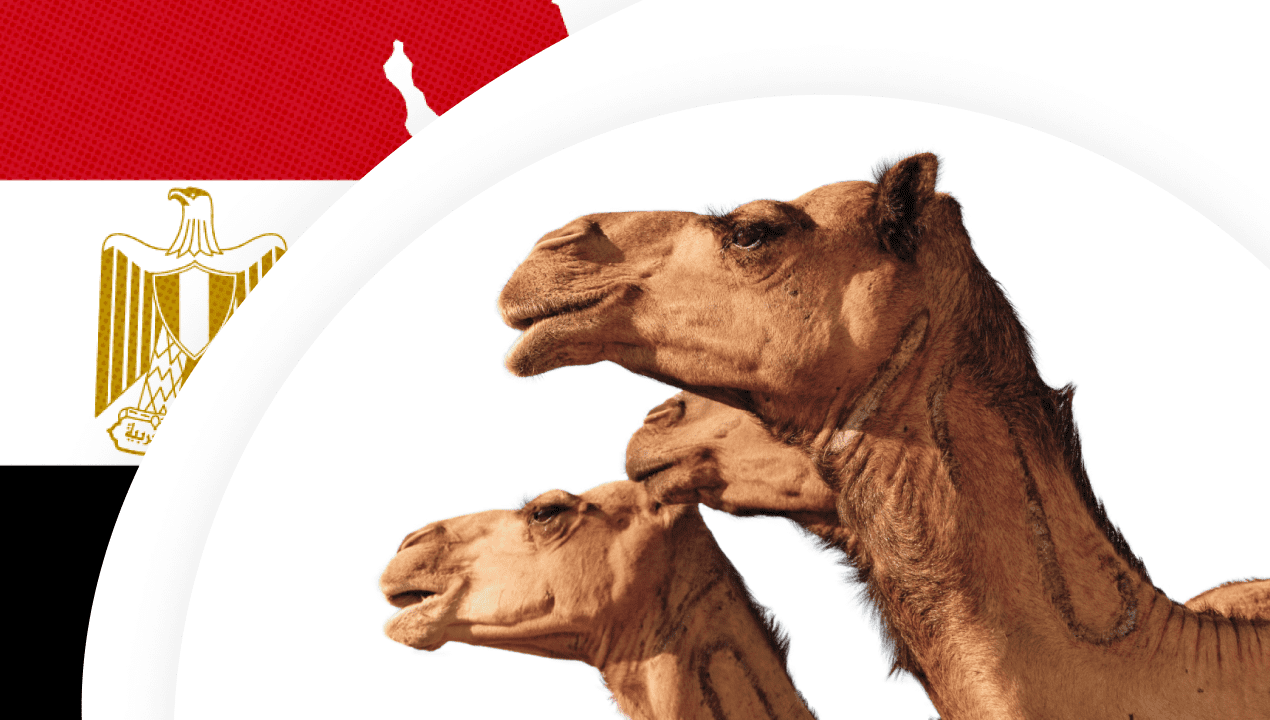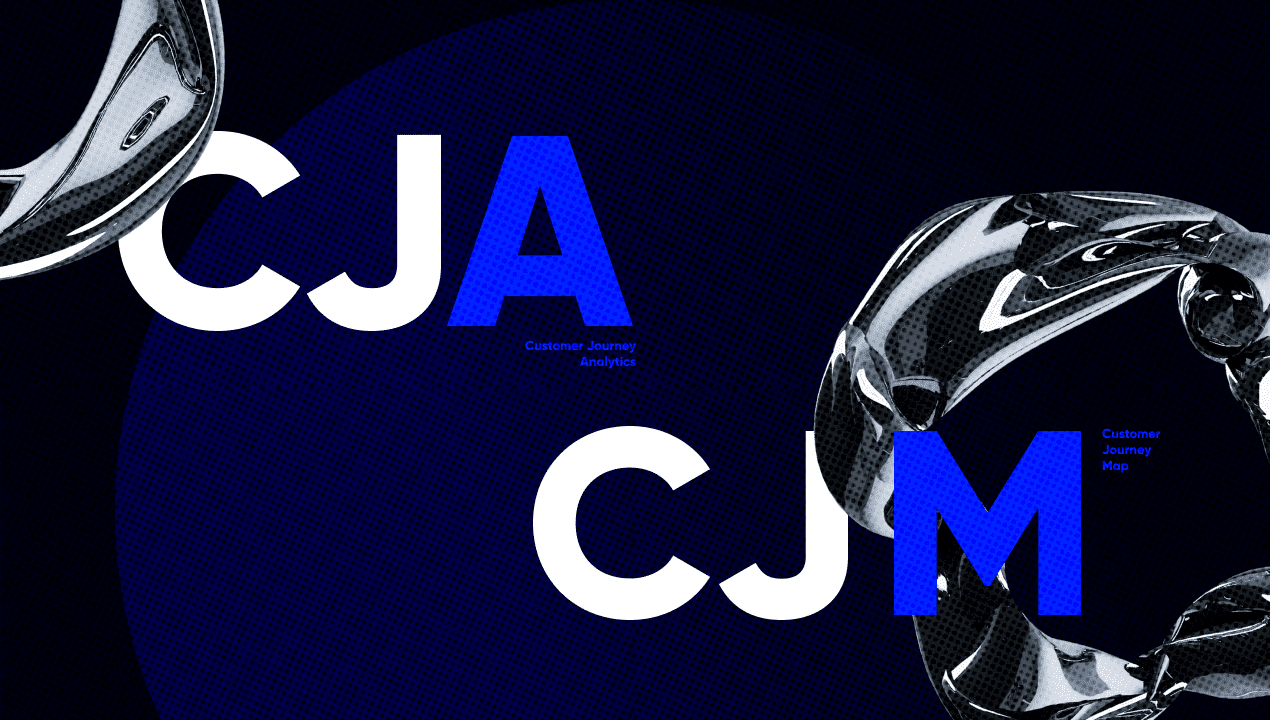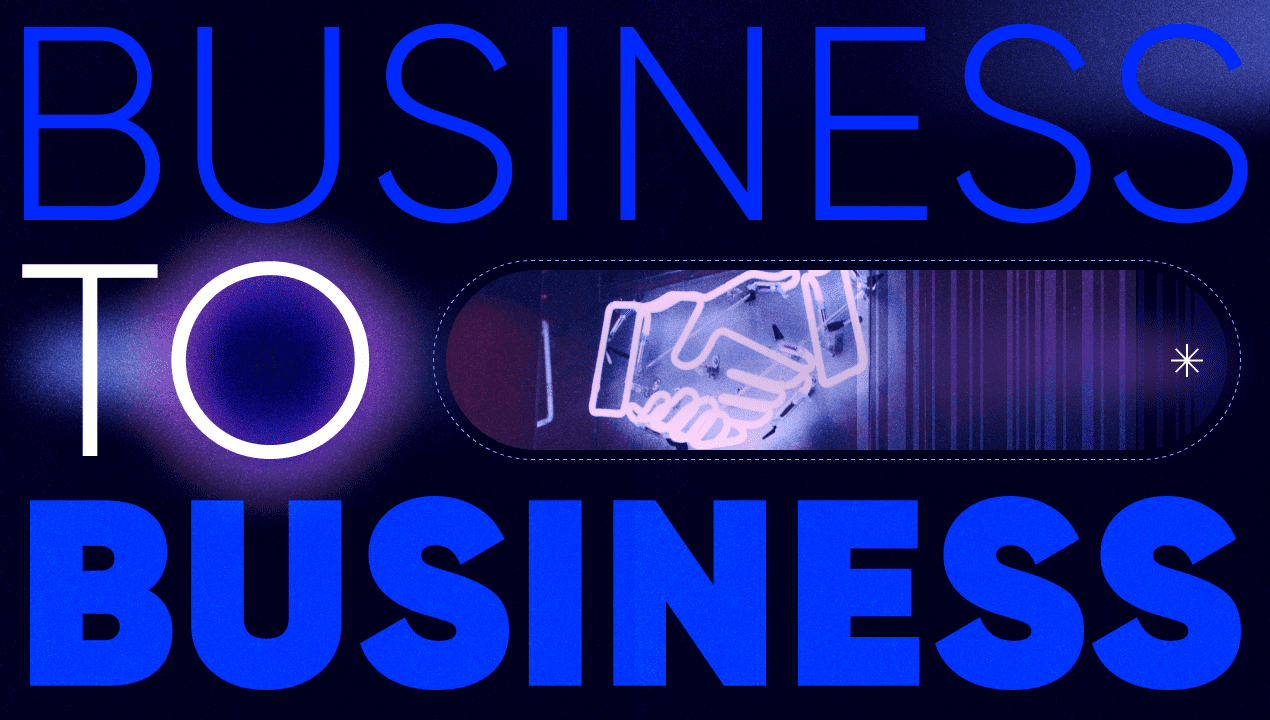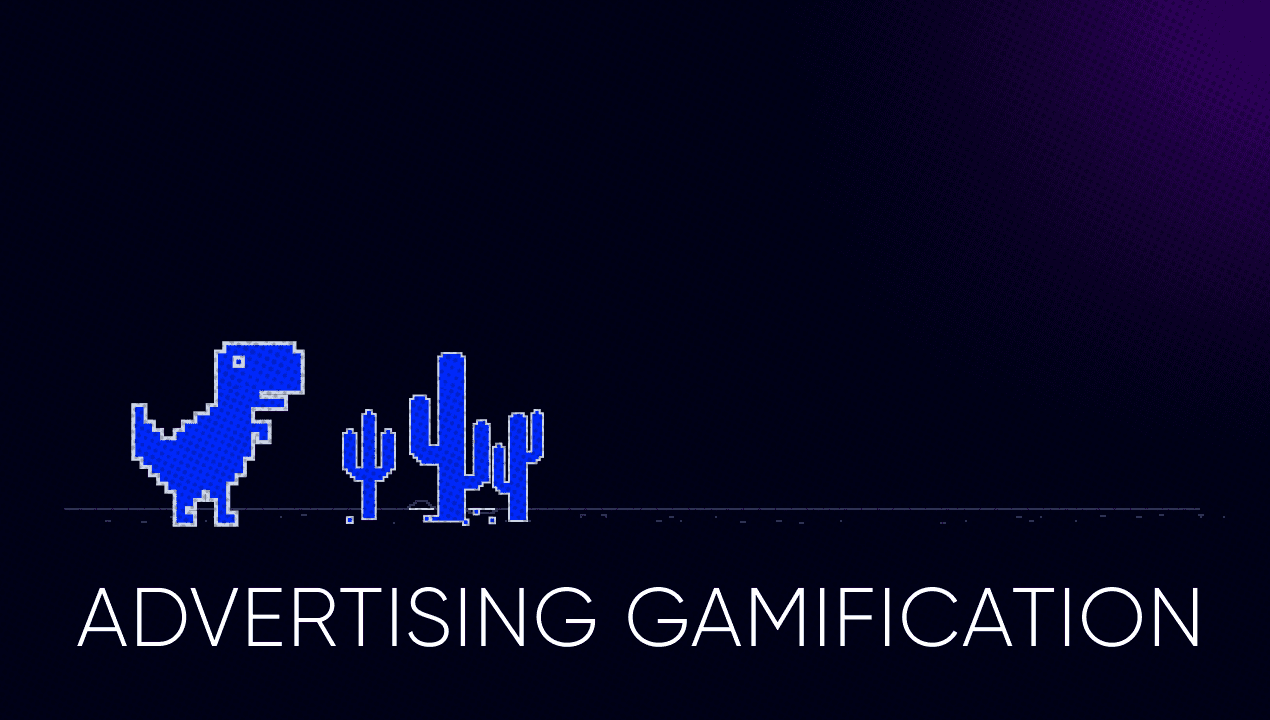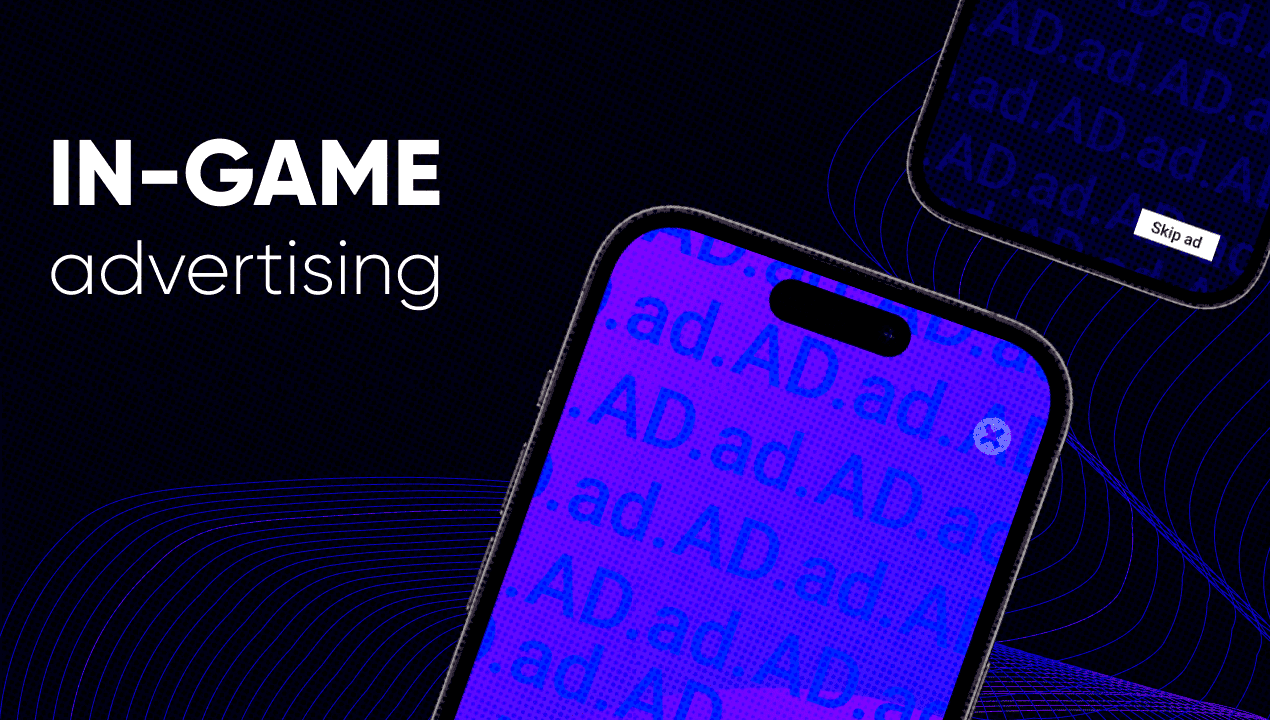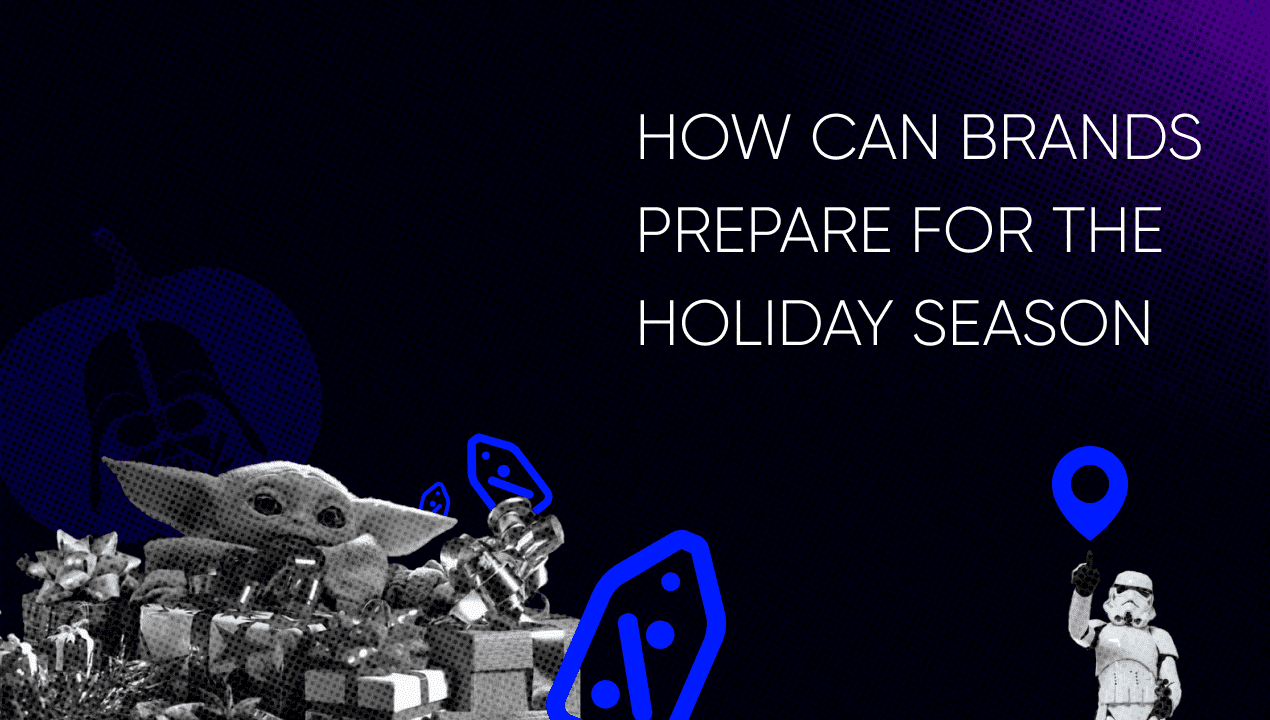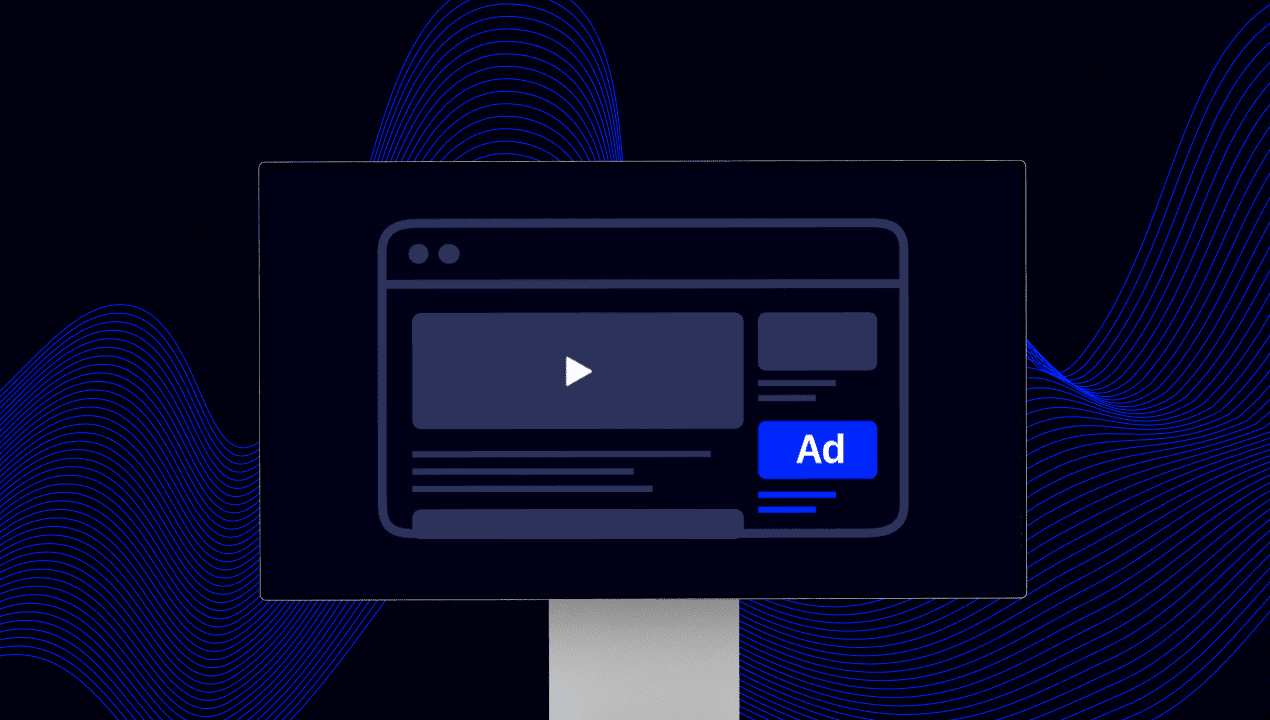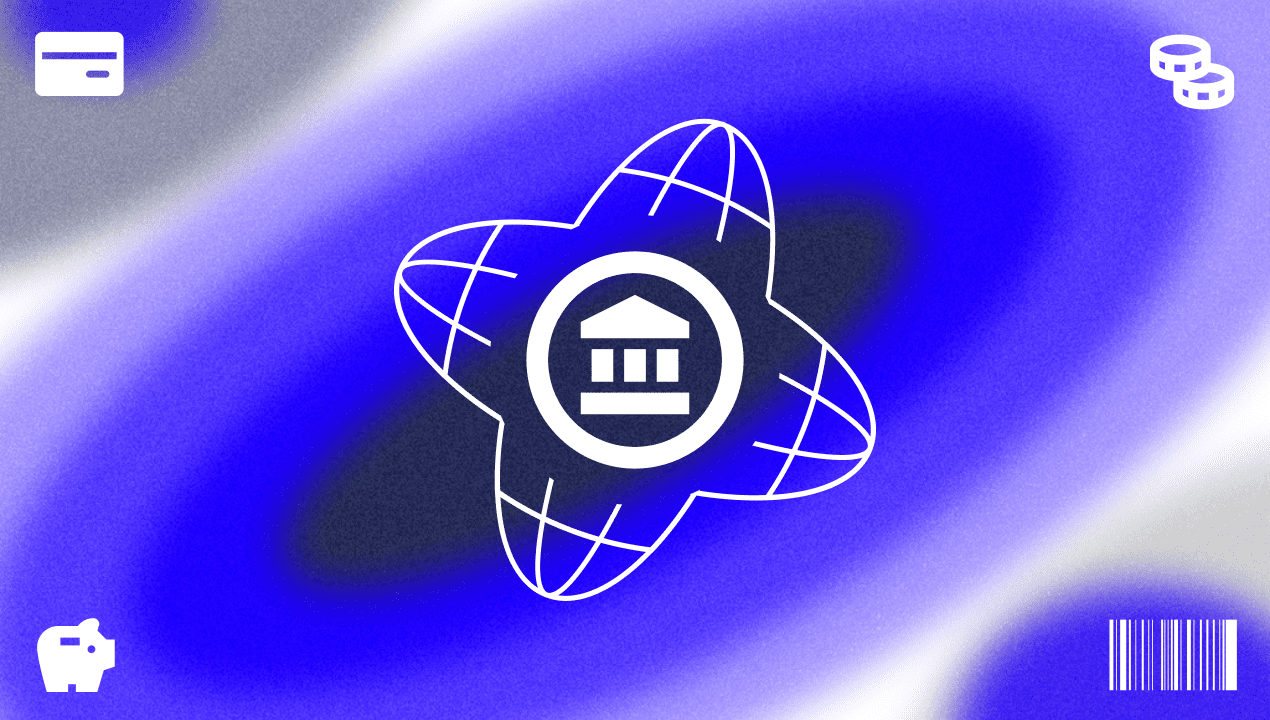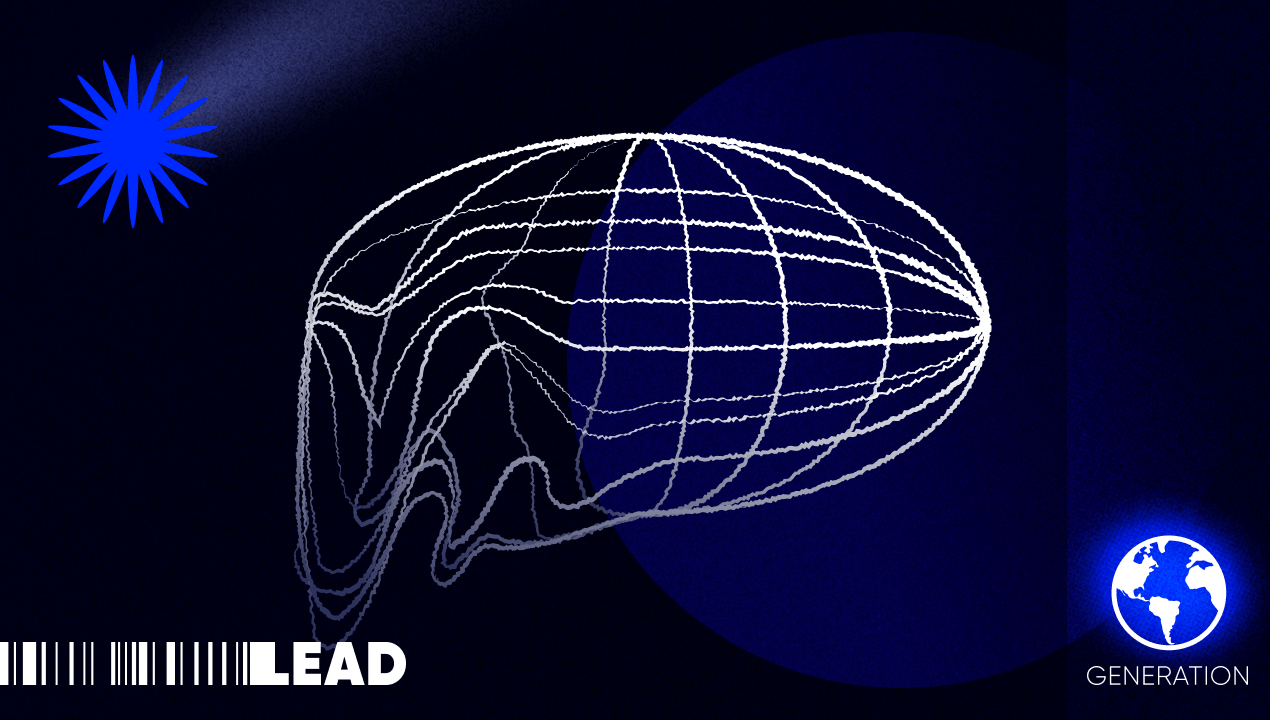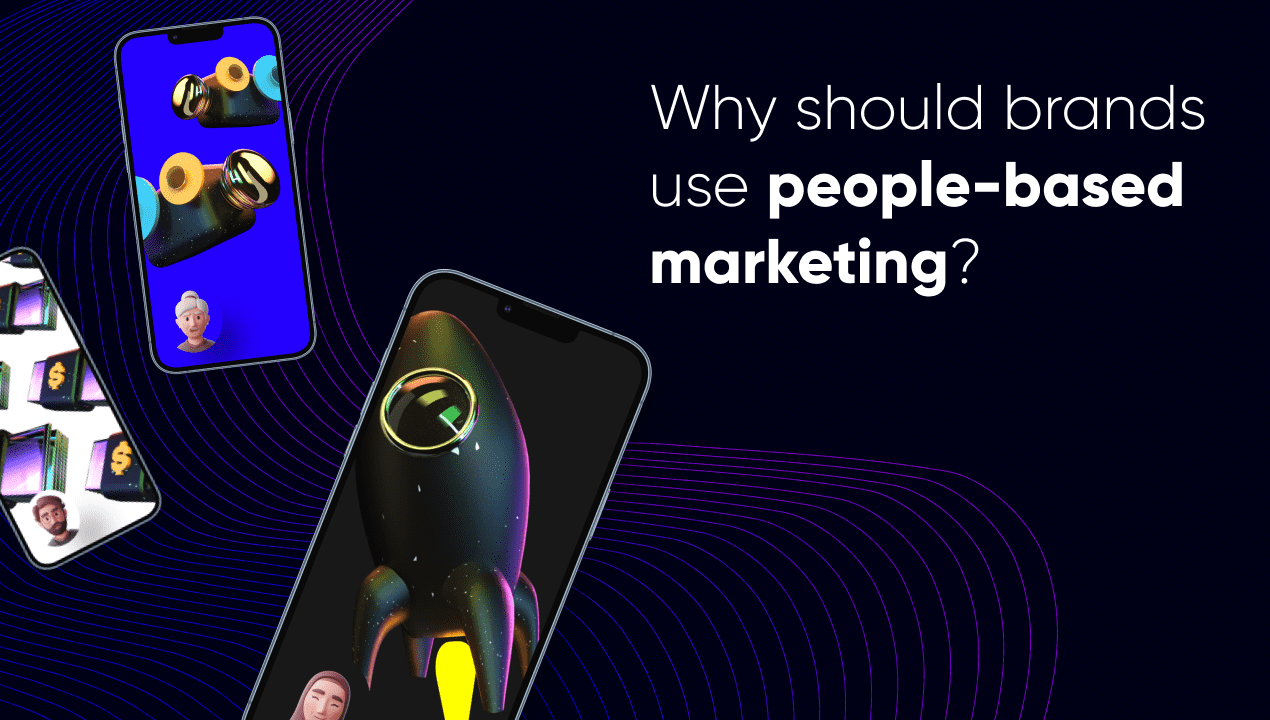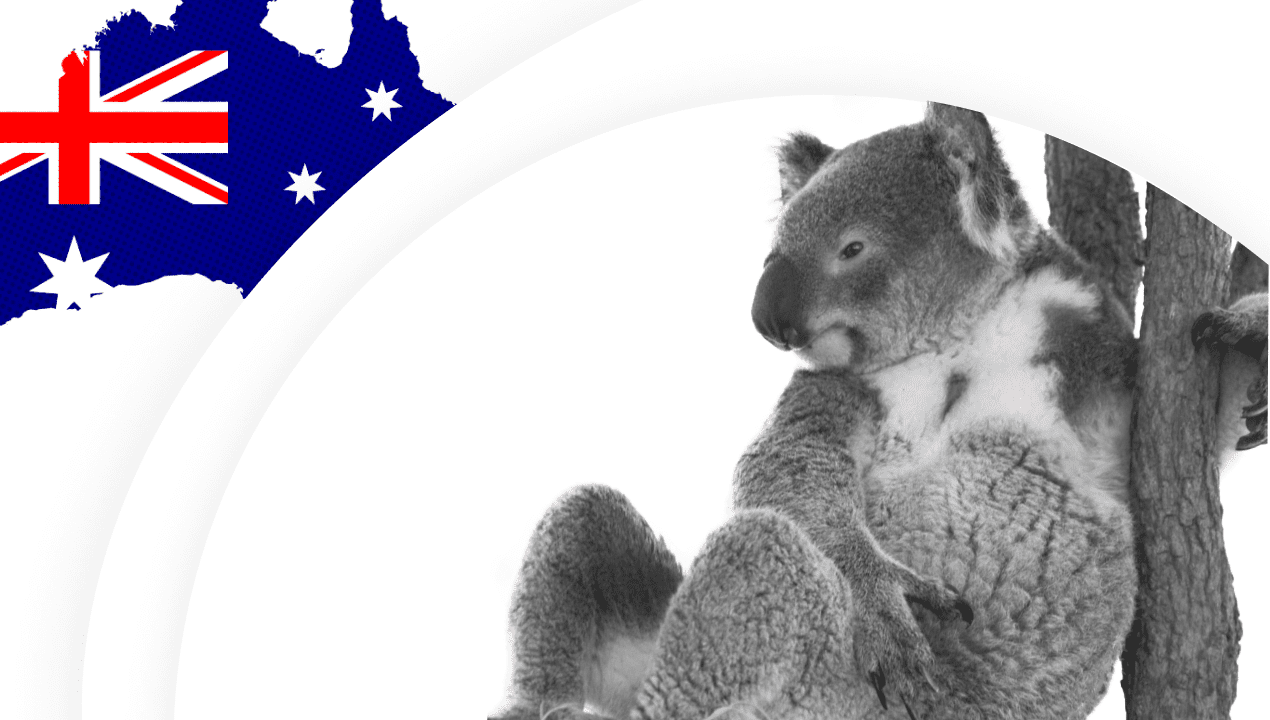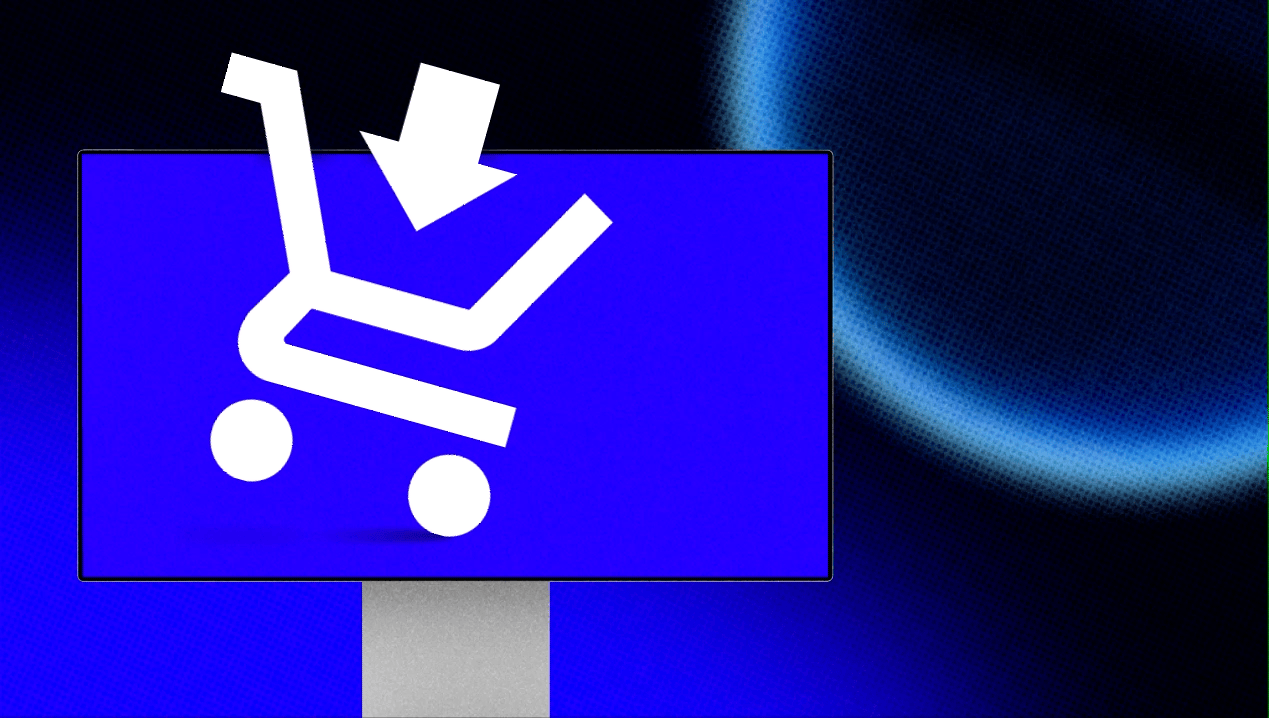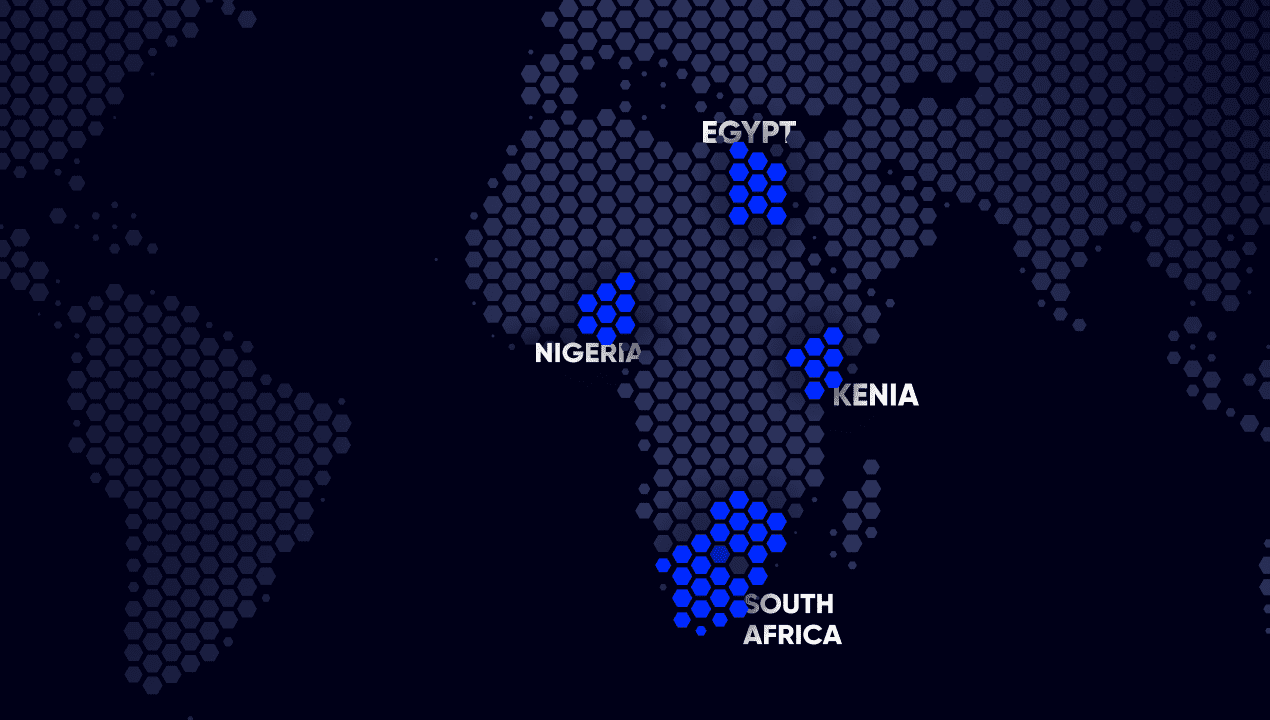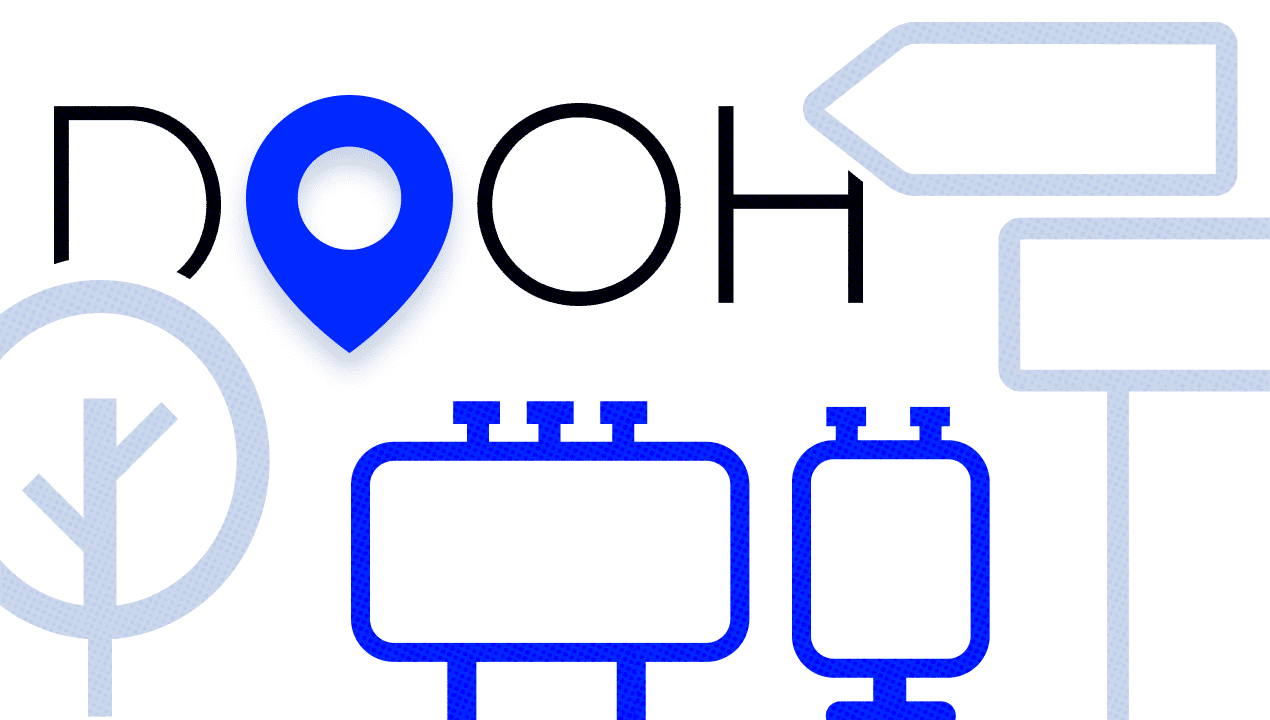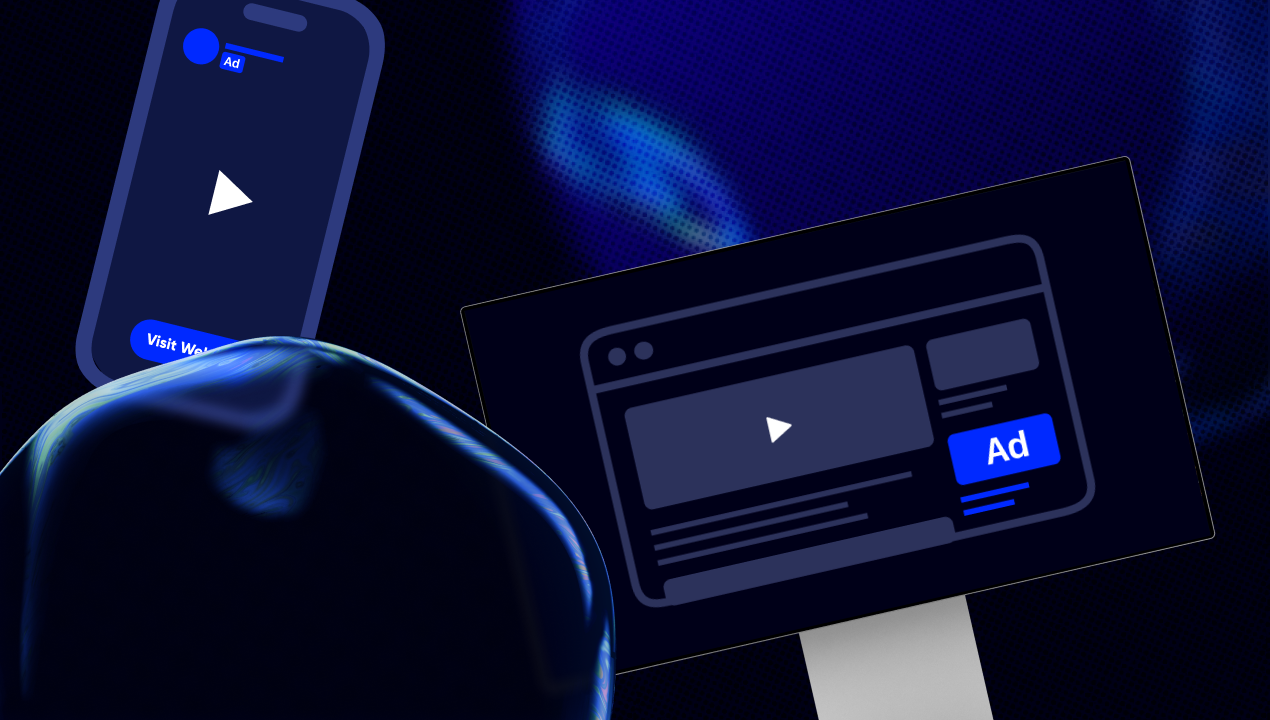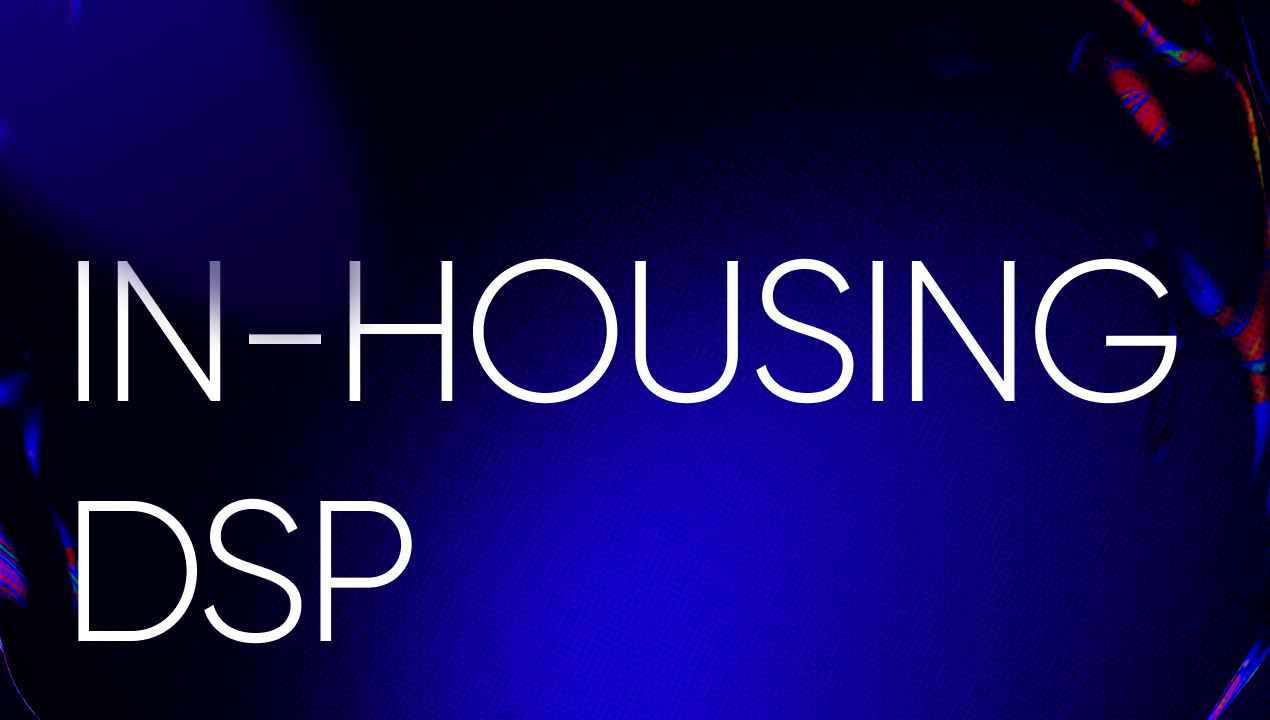
Programmatic advertising for B2B marketing
- Author: Lizaveta Zhuk
Marketing is a crucial part of each business developing and making wider customer bases. However, marketing for customers and for business are completely different, and each sphere has its own unique challenges. It is generally accepted to think that marketers mainly use direct and outbound techniques, offering products and services face-to-face and using traditional tools (such as emails, bouquets and so on).
However, it’s a new digital world here that requires new approaches. This article reveals new B2B marketing and approaches that may be used for this type of advertising.
What is B2B marketing?
B2B marketing is the usage of a combination of techniques, strategies and tools to promote businesses’ products and services for businesses. B2B online marketing strategies attempt to reach decision-makers, top managers in different industries and so on.
What’s the difference between B2C and B2B?
There are several differences between B2C and B2B marketing that brands should know. The first difference is the target audience. If you are a business owner, you should know who will buy your products and services. Is it people, or is it businesses? If marketers are trying to reach different companies, you definitely need a B2B marketing strategy. When the target of your marketing campaigns is just individual people, you’d better maintain B2C strategies.
Another difference is in the type of interaction. When you’re offering a brand’s services to individual customers, you may already sell products directly to them as they are decision-makers in their lives. On the other hand, promoting a brand’s services for businesses requires interactions with decision makers or professionals that might influence them — for example, top managers, directors, heads of departments and so on. Therefore, B2B brands need to focus on a more narrow audience, while B2C marketing relies on a broad one.
The approach that brands use for B2B advertising also differs from the strategies for B2C ad campaigns. Media campaigns for B2C are more about what brands can sell to them and about what brands can solve for them. Familiar, bright and simple-to-understand ad messages are crucial to grab users’ attention. So, brands may launch more creative and fun ad campaigns as they should appeal to users’ emotions. Maintaining B2B marketing strategy, brands often use more strict and communicate with a target audience using a language of efficiency and facts for business driven by logic and not emotions. Likewise, B2B has a longer buying cycle than B2C business.
B2B marketing tools and channels
There are various tools and tactics that brands may use to reach B2B customers:
- Email — offering products or services via sending emails;
- Phone — selling products and services via calls directly to potential customers;
- Events — live conferences and presentations where brands may offer products in person;
- Content marketing — creating authority in a brand’s industry and influencing purchasing decisions via content;
- Digital advertising — marketing through online channels such as websites, social media, search engines and so on;
- SEO — the process of improving the quality and quantity of website traffic to a website or a web page from search engines;
- and so on.

Source: emarketer
Measure B2B marketing
For successful organizations, it’s crucial to measure the efficiency of marketing activities. By evaluating the range of metrics, brands can understand the real impact of B2B ad campaigns on business outcomes and find points for improvements. This range of metrics for measuring success in B2B marketing may include:
- Marketing qualified leads: The quantity of leads that marketing has identified as potential prospects. The success of lead generation strategies and the alignment between marketing and sales teams can be discerned through the analysis of MQL quality and quantity.
- Cost per acquisition (CPA): A metric used in marketing that assesses the total cost of a customer completing a particular action.
- Customer retention rate: The retention rate is a measure of how many customers return. A high retention rate indicates the success of marketing strategies in fostering customer loyalty and satisfaction.
- Website traffic and engagement: Assessing the appeal and relevance of website content, SEO efforts, and user experience can be achieved by analyzing metrics such as page views, time spent on-site, and bounce rates.
- Customer feedback and surveys: These help gain insight into customers’ behavior, satisfaction, preferences, and areas for improvement.
- Lifetime value: LTV measures how much a customer will spend over their entire “lifetime” with your company. These measures give an indication of whether consumers are just making a one-time purchase, or are going on to become loyal customers.
- Return on Investment (ROI): Return on Investment measures how much money is earned from ad campaigns relative to the amount of money spent on ad investment.

Source: emarketer
Programmatic for b2b
With internet proliferation, most customers go online, and B2B prospects aren’t an exception. Likewise, 75% of B2B purchases use online platforms to buy products. While shopping online, users generate a lot of data: they search, browse categories and pages of products, put them in a cart, and favorite or compare them. All this accumulated information (big data on consumer behavior) is a treasure trove for segmentation, identifying customers’ needs, and forecasting their demand. However, handling data and being in touch with your target audience on your own can be difficult. In this case, brands can use programmatic advertising.
Programmatic stands out as a powerful tool for B2B brands to reach their target audience efficiently and effectively. With its data-driven approach and automation capabilities, it offers numerous benefits for B2B marketers, enabling them to achieve their outcomes with precision and scalability.
Benefits of programmatic advertising for B2B brands
1. Targeted Reach
Programmatic advertising allows B2B brands to target their audience with unparalleled precision. By leveraging data such as demographics, firmographics, behavior, and intent signals, marketers can ensure that their ads are served to the most relevant prospects. This targeted approach not only increases the chances of engagement but also maximizes the ROI of advertising spend.
2. Efficient Campaign Management
Manual ad-buying processes can be time-consuming and prone to human error. Programmatic advertising streamlines campaign management by automating the buying process through real-time bidding (RTB) and algorithmic decision-making. This automation frees up marketers to focus on strategy and creative development, resulting in more efficient use of resources.
3. Enhanced Personalization
Personalization is key in B2B marketing, where decision-makers expect tailored messaging that addresses their specific pain points and needs. Programmatic advertising enables dynamic ad creative customization based on audience segments, ensuring that each prospect receives a relevant and compelling message. This level of personalization fosters stronger connections with potential customers and increases the likelihood of conversion.
4. Data-Driven Insights
One of the most valuable aspects of programmatic advertising is its ability to provide detailed insights and analytics. B2B marketers can track various metrics such as impressions, clicks, conversions, and engagement rates in real time, allowing them to optimize campaigns on the fly for better performance. These data-driven insights provide valuable feedback for refining targeting strategies, improving ad creatives, and allocating budget effectively.
5. Omnichannel interactions
Nowadays B2B buyer journeys go through different channels. In order to achieve success, it’s crucial to advertise through all channels that brands’ target audiences use. Programmatic platforms provide businesses with omnichannel interactions displaying advertisements on different channels.
How programmatic advertising helps B2B brands achieve their outcomes
1. Lead Generation
For B2B brands, generating high-quality leads is often a primary objective. Programmatic advertising enables marketers to identify and target prospects who are actively researching products or services relevant to their business. By serving targeted ads at the right time and place, B2B brands can capture the attention of decision-makers and drive them towards conversion actions, such as signing up for a demo or downloading a whitepaper.
2. Account-Based Marketing (ABM)
Account-Based Marketing (ABM) is a strategic approach that focuses on targeting specific high-value accounts rather than casting a wide net. Programmatic advertising aligns seamlessly with ABM strategies, allowing B2B brands to deliver personalized ads directly to key stakeholders within target accounts. By engaging decision-makers with relevant content tailored to their interests and pain points, brands can nurture relationships and move prospects through the sales funnel more effectively.
3. Brand Awareness and Thought Leadership
Establishing brand awareness and thought leadership is crucial for B2B brands looking to stand out in a competitive market. Programmatic advertising offers opportunities to showcase expertise and thought leadership through targeted content distribution. By serving educational content, industry insights, and thought-provoking messaging to relevant audiences, B2B brands can position themselves as trusted advisors and industry leaders, ultimately building brand credibility and preference.
4. Retargeting and Remarketing
Programmatic advertising enables B2B brands to implement retargeting and remarketing campaigns to re-engage prospects who have previously interacted with their brand but have not yet converted. By tracking user behavior across digital channels, marketers can deliver personalized ads to individuals based on their past interactions, reminding them of the value proposition and encouraging them to take the next step in the buyer’s journey.
At NT, we have honed the art of developing media strategy, launching programmatic advertising and optimizing campaigns to perfection. Reach us at info@nt.technology today or fill the form, and we will help you achieve your goal and find out how effective your advertising can be.
To ensure the efficiency of programmatic advertising and media solutions by NT, look through our case studies:
- How programmatic helped increase delivery app installation by 46.7%. Read case study
- How we helped a Sports Club chain attract new members and outperformed sales of subscriptions by 32.8%. Read case study
- How we increase the number of retained members by 45.6% as a direct result of the comprehensive programmatic strategy. Read case study
Conclusion
Whether you’re seeking to streamline your processes, expand your market reach, or cultivate stronger relationships with your partners and clients, the journey begins with choosing the right tool to achieve it. Programmatic ads serve as the catalyst that propels you toward your goals, offering the tools, insights, and expertise needed to unlock your full potential.
